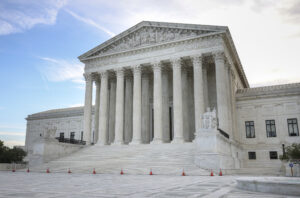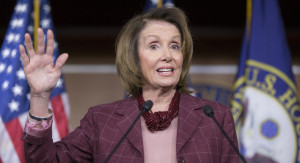The U.S. Supreme Court, in my un-learned view, took an unusual tack in striking down college and university affirmative action admission policies this week.
It said the schools no longer can use a person’s race to help determine whether he or she should be admitted, but left the door open to allowing schools to determine whether the college applicant has suffered from discrimination as a result of his or her race.
That’s a fairly narrow decision, yes?
Chief Justice John Roberts’s opinion written for the court majority, though, says affirmative action violates the U.S. Constitution’s equal protection clause contained in the 14th Amendment.
Hold on!
Affirmative action became law for the very same reason! Students were denied equal protection because they were being discriminated against on the basis of their race.
I am left to wonder: Which is it? Which of these policies is unconstitutional? Denying someone entrance because of their race or giving them opportunities they otherwise wouldn’t have?
I am going to stick with the former definition, siding with those who believe affirmative action policies are the suitable remedies to denying students equal access to education.

